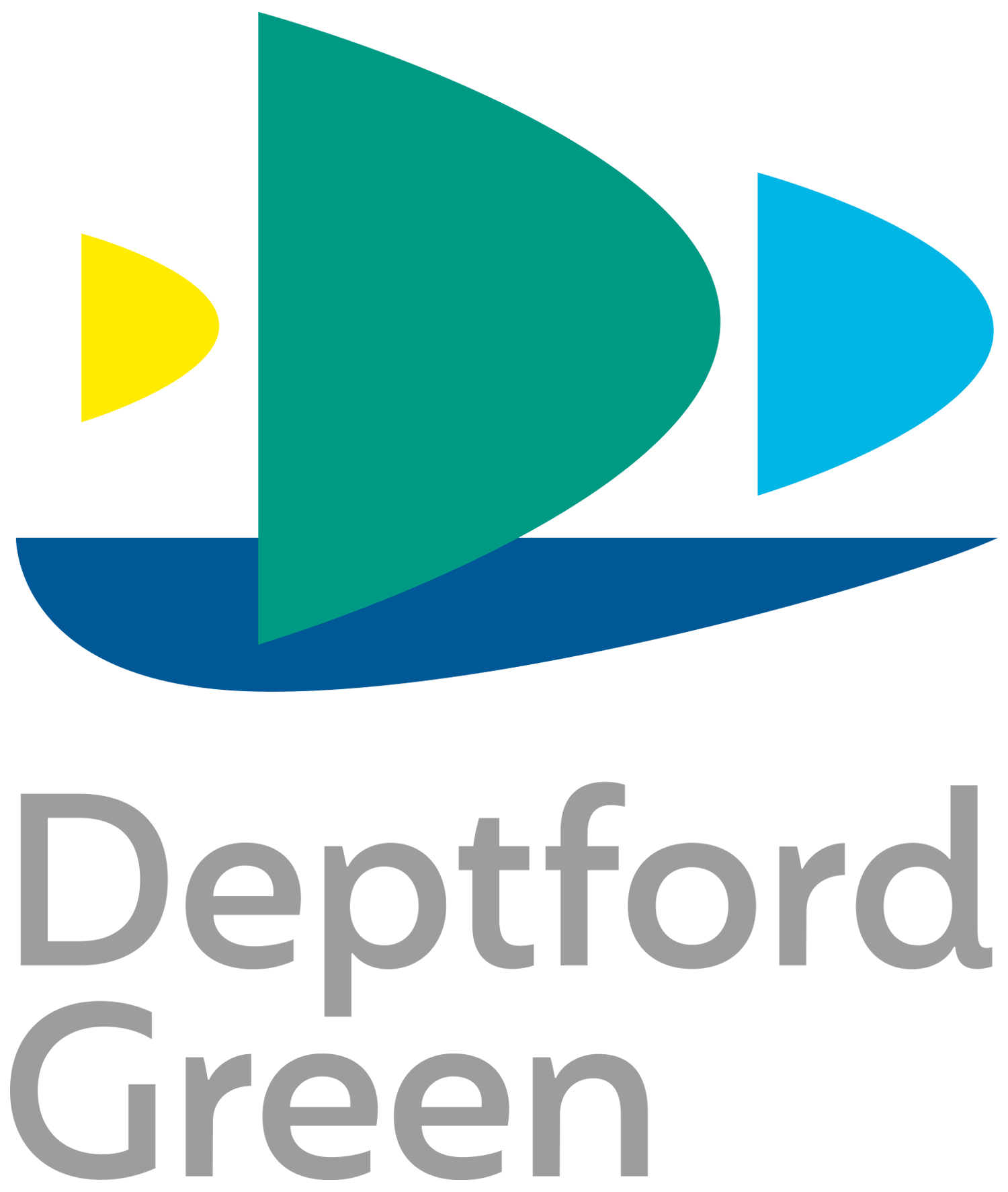GREAT Curriculum @ DG
Deptford Green School Curriculum Statement
Intent
Our curriculum is designed to provide an excellent education for all students. It is underpinned by our vision which aspires for every student to be given the opportunity to:
- Fulfil their academic potential and be able to achieve their ambitions for the next stage of their educational journey.
- Make a positive contribution to the school community and the wider community that we serve.
- Develop socially and emotionally the skills and attributes needed to live happy, safe and productive adult lives.
The curriculum is flexible, personalised and fully inclusive, supporting students’ learning, progress and achievements. It must raise standards, heighten cultural capital, stretch the most able and narrow gaps in achievement and attainment of all students.
It acts as a vehicle for TEEP (Teacher Effectiveness Enhancement Programme) Learning Cycle and LORIC, a character building programme. This statement should be read in conjunction with the Teaching and Learning Policy, Marking, Assessment and Feedback Policy , Behaviour for Learning Policy and Remote and Home Learning Policy.
At its heart lies a respect for subject disciplines and an insight which each provides into world around us. Core skills of literacy and numeracy form the foundation of curriculum design. At Deptford Green, students are taught to be independent, to think, to criticise, to respect and celebrate diversity, to be active not passive recipients of learning, to be self- confident, self-aware, to have sense of self-worth and develop their self-esteem.
Implementation
Each subject has a 5-year programme plan with schemes of work, where appropriate related to the National Curriculum and or examination board requirements. Schemes of work must be followed by all departmental staff and monitored by Head of Faculty, Heads of Departments and Senior Leadership Team. Schemes of work establish how course content is structured so student’s skills, knowledge and understanding are developed progressively. Students are assessed formatively and summatively through hinge assessments and examinations. The school day is structured to support the curriculum by having single lessons in response to the differing learning needs of each subject.
The statutory requirements for Careers Education and Sex Relationship Education are provided with a comprehensive programme for each year group. Citizenship, work related learning and financial capability are integrated across the curriculum. Enrichment activities are provided to enhance and broaden students’ learning at Deptford Green School. These take place in school and during trips and visits.
A wide range of extra curriculum activities are available for all students. The purpose of such activities is to enhance and offer a broader curriculum offer beyond the classroom. The aim being to widen students’ cultural capital, sense of achievement, social skills, wellbeing and enjoyment.
Key Stage 3
A three-year key stage 3 provides students with time and space to gain secure understanding.
It builds on the National Curriculum Key stage 2 programme of study and bridges gaps in learning with personalised programmes for identified students. English, mathematics, science, PE, geography, history, design and technology, art, RE/ethics, modern foreign languages (Spanish or French), drama, music, computing and PSHE. In Year 7, CATs (Cognitive Abilities Tests) are used to gain an understanding of students’ reading age and other skills. This data along with key stage 2 results used to shape their learning.
Key Stage 4
The key stage 4 curriculum meets the needs of students by incorporating the opportunity for both academic and vocational study. Post 16 guidance is provided to enable students to choose relevant courses or training when they leave Deptford Green School. The aim is to give each student the chance to succeed by offering an appropriate range of qualifications including options that enable study towards the English Baccalaureate. However, for some students, a continued focus on core skills (and consequent reduction in optional subjects) is more important. The key stage 4 programme of study commences in year 10. By the end of year 9, each student formally selects optional GCSE subjects to study in years 10 and 11 to supplement the core GCSE subjects. Some students follow a vocational course as an alternative to one or more GCSE subjects. Students participate in one week of work experience by the end of year 10 and, for a limited number of students, this opportunity may be extended into year 11 in lieu of one or more option subjects.
Core Subjects, e.g. Year 10 2020 -2021 (subject to annual review)
- English Language and English Literature
- Maths
- Combined Science
Option Subjects on Offer, e.g. Year 10 2020-2021 (subject to annual review)
In total, each student chooses four option subjects. Students are strongly encouraged to select a minimum of one of the options below.
- Spanish
- French
- History
- Geography
In addition, students can choose from a range of academic and vocational courses:
- Art
- Business Studies
- Computer Science
- Design and Technology
- Dance
- Drama
- Film Studies
- Music
- OCR Nationals Sports Studies*
- Photography
- Sociology
- Textiles
* Vocational Courses
Impact
Students are assessed formatively through in built hinge assignments in schemes of work and summative through internal or external examinations. Formative assessments are designed to support students’ fluency in each subject. This means that in lessons students are quizzed on prior knowledge in order to embed this knowledge in their long-term memory. This frees up their working memory to attend to current learning. The role of literacy and vocabulary plays a role in unlocking the curriculum. The expectation is that teacher challenges students through subject specific language and skills. Students are encouraged to read widely. By teaching the curriculum through TEEP and developing effective learner behaviours through LORIC we bring out the best in everyone.
If you have any queries about the curriculum, please contact Mr Allen – tallen@deptfordgreen.co.uk
n this section
